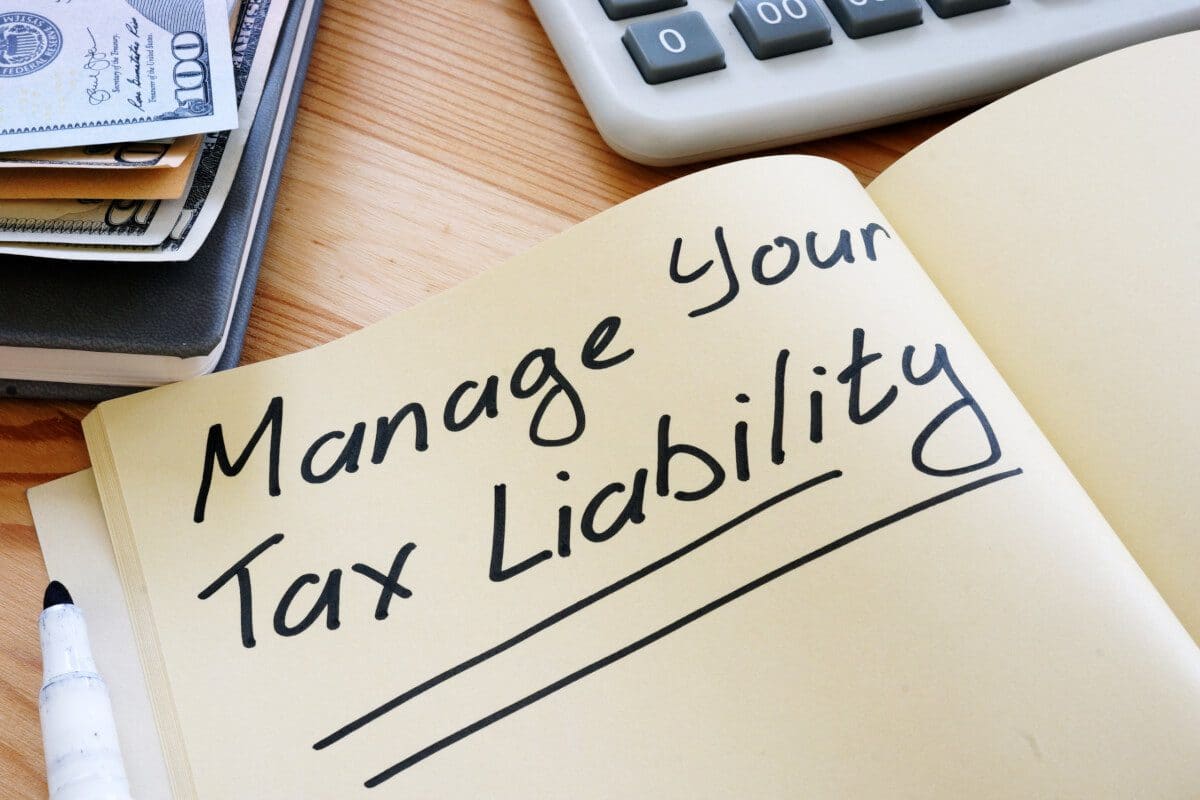Having an IRS tax debt can be overwhelming. You keep receiving what seems like a never-ending stream of letters and notices, all while penalties and interest are accruing. But there are processes to resolve that debt, and in some instances even get a discount on your federal income tax liability.
There are four main ways to receive a discount. Three involve actions by the taxpayer, and one the patience to wait out the agency. Here are the four ways:
- Submit an Offer in Compromise (OIC) – through the OIC program, the IRS allows taxpayers who are not able to pay their full tax liability to apply for a lump-sum discount, then pay the discounted debt over time. To qualify, taxpayers must be current on tax filings and have made any required estimated tax payments. Individuals who are in bankruptcy or going through a tax audit are not eligible to apply for an OIC. Not everyone who applies is granted an OIC. The IRS only accepts about 40% of applications each year. The IRS will review your offer, and look at your current assets, income, expenses, and future earnings potential before deciding whether to accept your OIC. Taxpayers must submit several forms as well as back-up documentation to support their financial situation.
- Wait out the IRS statute of limitations – generally, the IRS has 10 years and 30 days to collect your federal income tax debt. After that, the agency no longer has the right to pursue collection of your tax liability. The collection clock starts clicking from the date of the first bill the IRS sends notifying you that you owe additional taxes, or if you didn’t file a return from the date of the first notice assessing your tax liability. The IRS does not notify taxpayers that the statute has expired. It’s up to the taxpayer to request documentation verifying that the debt no longer exists. The statute can be suspended by certain actions, such as filing for bankruptcy, or entering into an installment agreement or OIC. Check with a tax attorney or professional before requesting documentation of the expiration of the statute of limitations.
- Submit a penalty abatement request – when you don’t file or pay your taxes, the IRS assesses penalties that can quickly add up. When taxpayers attempt to file their returns and pay their taxes but situations beyond their control prevent that, the IRS is often willing to grant relief in the form of penalty abatement. Taxpayers who had a fire or were in a natural disaster, were seriously ill, had an immediate family member die or become seriously ill, or suffered a similar catastrophe, are generally considered to have reasonable cause for missing a deadline and can file for penalty abatement. The IRS also has a First-Time Penalty Abatement policy that may be available to taxpayers who in the last three years have paid and filed taxes on time but missed the most recent deadline. Note, interest accrues, even if you qualify to have penalties removed, until the tax bill is paid.
- File for bankruptcy – if your tax debt is at least three years old and you have filed for Chapter 7 bankruptcy, you may be eligible to have your income tax debt discharged through your bankruptcy. You must have filed a return and not have submitted fraudulent information. Chapter 7 bankruptcy Involves a liquidation rather than a reorganization of your debts.
Have Questions? Call the Experienced Tax Attorneys at Wiggam Law
If you have a tax liability that you don’t think you can pay and want to find out more about ways to have it discounted, the experienced attorneys at Wiggam Law can help. We will evaluate your situation, recommend a course of action, and assist you with any filings and negotiations. Contact Metro Atlanta’s top tax attorney’s by clicking here or giving us a call at (404) 233-9800.

